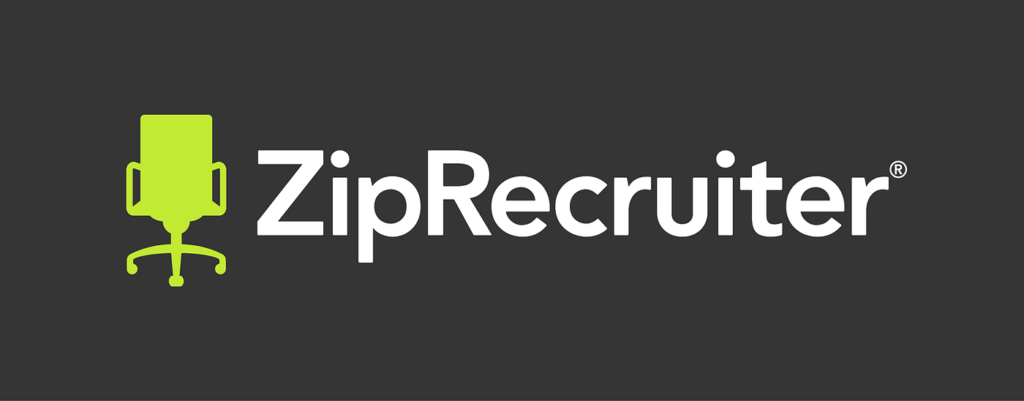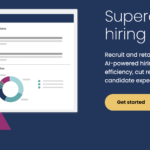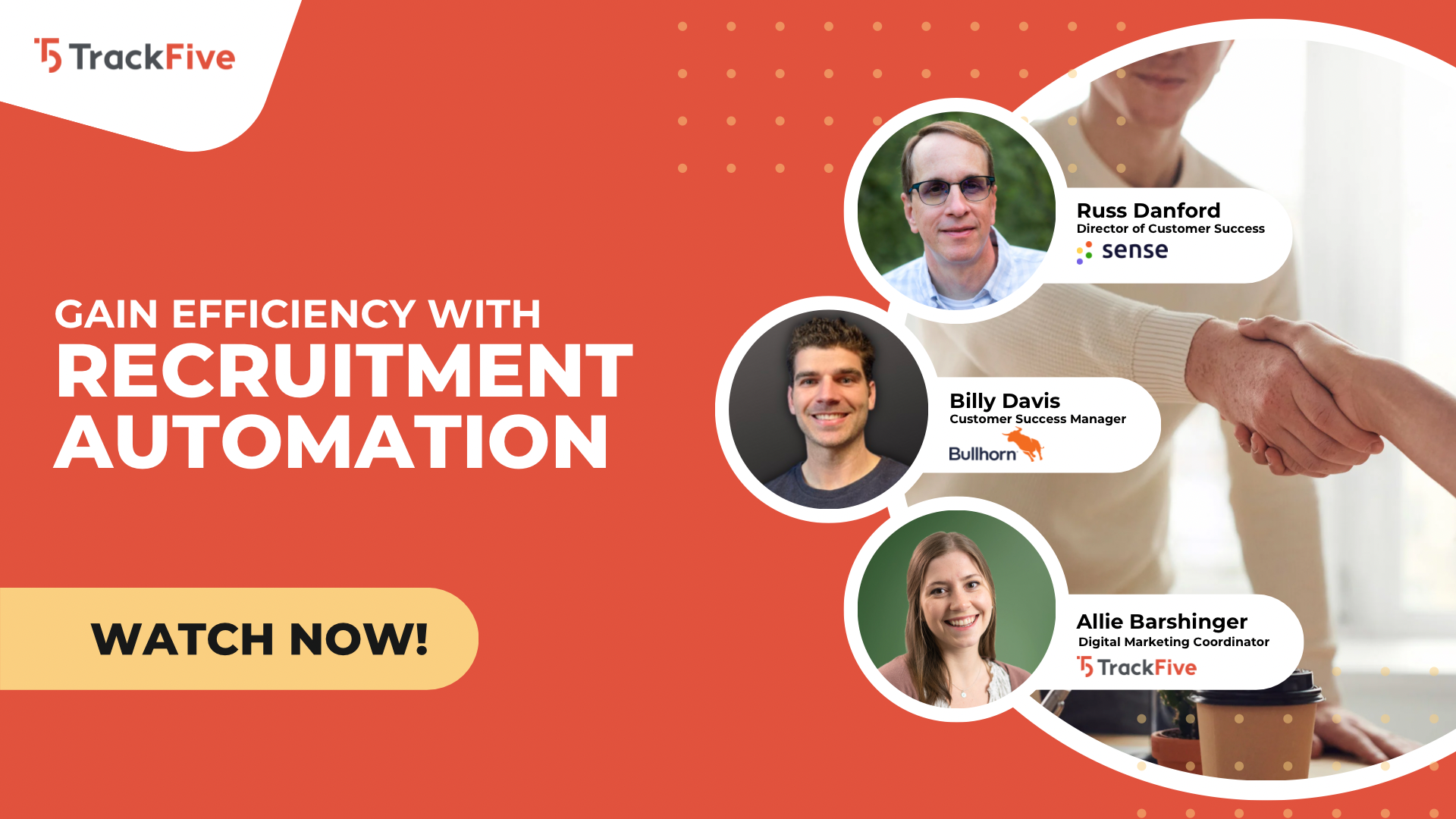The Case AGAINST using AI in HR & Recruiting

Did you say “Against”?!!!! Hear me out!
In recent years, the integration of artificial intelligence (AI) in various industries has been heralded as revolutionary. AI promises increased efficiency, accuracy, and cost savings across a multitude of applications. One such application is the realm of recruitment marketing, where AI is touted as a powerful tool for streamlining processes and enhancing candidate experiences. However, in this blog post, we will present a counterargument: the case for not using AI in recruitment marketing. We will explore the potential drawbacks, ethical concerns, and limitations that organizations should consider when incorporating AI in their recruitment efforts.
Dehumanization of the Hiring Process
One of the primary concerns with the extensive use of AI in recruitment marketing is the potential dehumanization of the hiring process. AI-driven systems can automate many aspects of recruitment, from resume screening to chatbot interactions. While this automation can improve efficiency, it may lead to a lack of human connection in the hiring process.
Candidates value personalized interactions with recruiters and hiring managers. They want to feel that their skills, experiences, and aspirations are being considered by real people. Overreliance on AI can leave candidates feeling like just another data point in a machine-driven process. In turn, this can harm a company’s employer brand and make it less appealing to top talent.
Bias and Discrimination
AI systems can perpetuate bias in hiring processes. Most AI algorithms are trained on historical data, and if this data contains inherent biases, the AI may unintentionally perpetuate those biases. For instance, if the data used to train an AI system reflects gender or racial biases that exist in the workforce, the system may subconsciously favor certain groups over others.
This inherent bias can lead to discriminatory outcomes in the recruitment process. Organizations can find themselves exposed to legal risks and damage to their reputation if it’s discovered that their AI-driven recruitment systems have favored or discriminated against specific demographics.
Lack of Accountability
When something goes wrong in the hiring process, accountability is essential. However, with AI-driven recruitment systems, pinpointing responsibility can be challenging. If a candidate feels unfairly treated or discriminated against by the AI system, who can they hold accountable? Unlike a human recruiter, an AI system doesn’t have a conscience or the ability to explain its decisions.
This lack of accountability can lead to frustrated candidates and negatively impact an organization’s reputation. Moreover, it can be challenging to fix errors and biases in AI systems, as they require constant monitoring, fine-tuning, and ethical oversight.
Loss of Human Judgment
Human recruiters possess valuable judgment, intuition, and empathy. These qualities allow them to evaluate candidates holistically, considering not only their skills and qualifications but also their potential cultural fit and personal aspirations. AI systems, on the other hand, rely on data-driven algorithms and might miss out on valuable intangible qualities that are crucial for a successful hire.
Overreliance on AI can lead to missed opportunities and the risk of hiring candidates who look good on paper but aren’t the right cultural fit for the organization.
Incomplete Assessment of Soft Skills
Recruitment is not just about matching qualifications and experiences; it’s also about assessing soft skills, which are often crucial for a candidate’s success in a role. AI systems are limited in their ability to evaluate these soft skills, such as communication, teamwork, adaptability, and problem-solving.
By relying heavily on AI, organizations may inadvertently overlook candidates with exceptional soft skills. They could miss out on candidates who bring diversity, creativity, and innovative thinking to the workplace.
Ethical Concerns in Data Privacy
AI-driven recruitment marketing relies on collecting and analyzing vast amounts of personal data. This raises significant ethical concerns about data privacy and security. Candidates entrust their personal information to organizations during the application process, and they expect it to be handled responsibly and securely.
The use of AI systems may inadvertently expose sensitive candidate data to security breaches or misuse. Ethical breaches can lead to legal consequences and irreparable damage to a company’s reputation.
The Unpredictability of Future Developments
AI is an ever-evolving field, and the rapid pace of innovation makes it difficult for organizations to predict the long-term consequences of their AI-driven recruitment strategies. What seems like a powerful solution today may become obsolete or ethically questionable tomorrow.
Furthermore, organizations may find themselves locked into expensive AI contracts that are challenging to unwind if they wish to change course. The uncertainty surrounding the future of AI in recruitment marketing makes a compelling case for a cautious approach.
It’s All About Balance
While AI undoubtedly offers exciting opportunities to streamline recruitment marketing and improve efficiency, the case for not using AI in recruitment marketing should not be dismissed. The potential dehumanization of the hiring process, biases, accountability issues, loss of human judgment, the incomplete assessment of soft skills, ethical concerns, and the unpredictability of future developments are all valid considerations.
Organizations should carefully balance the benefits and drawbacks of AI in recruitment marketing and strive for a human-centric approach that values the importance of personal connections, ethical considerations, and the unique qualities that only human recruiters can bring to the table. A thoughtful and responsible integration of AI, combined with human oversight, can lead to a more effective and inclusive hiring process while avoiding the pitfalls associated with excessive automation.











